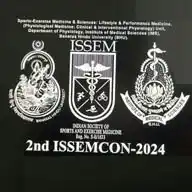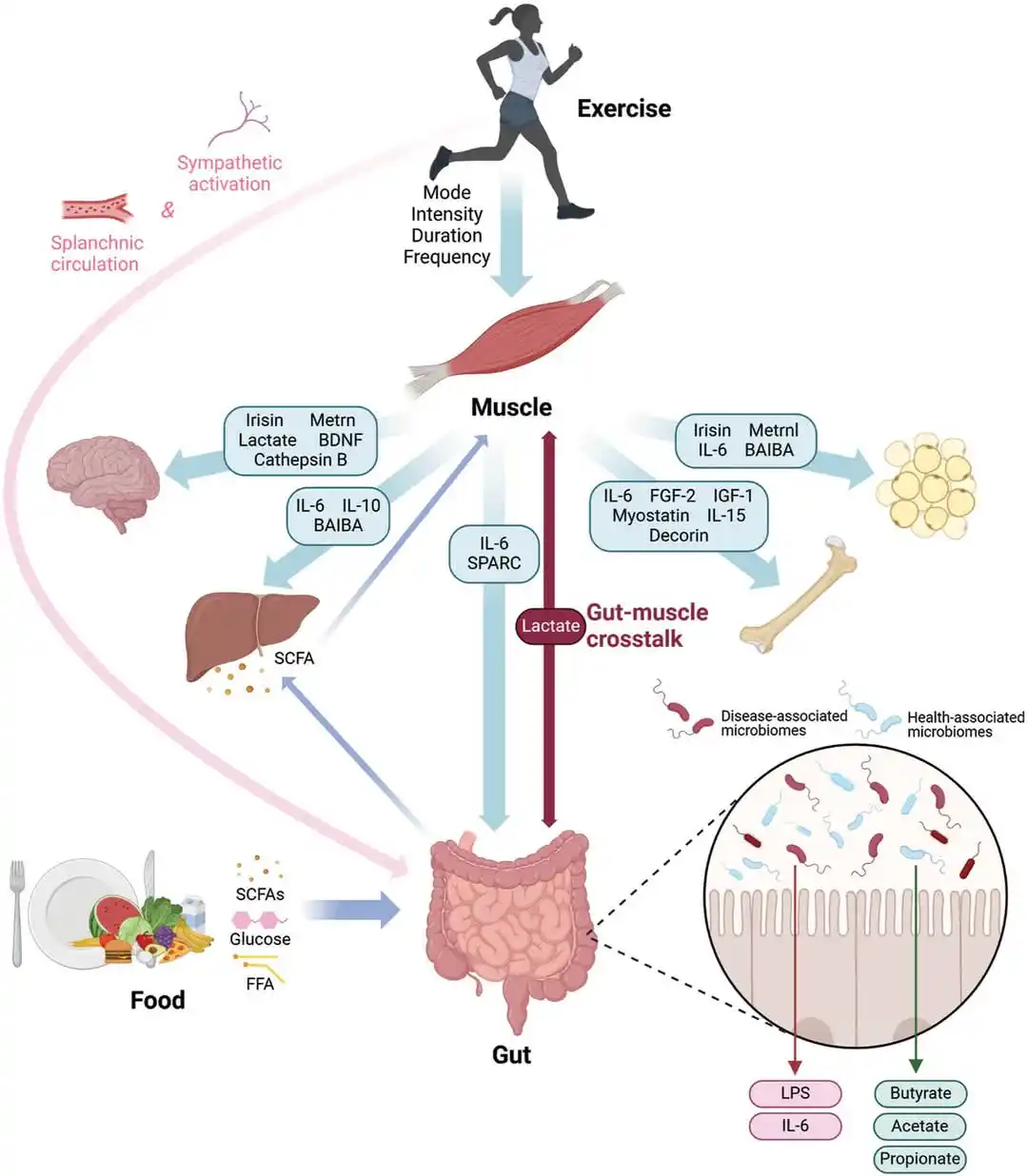
Sports-Exercise Medicine & Sciences: Lifestyle & Performance Medicine, Dept. of Physiology, IMS, BHU
June 9, 2025 at 05:30 AM
'Exercise, the Gut Microbiome and Gastrointestinal Diseases: Therapeutic Impact and Molecular Mechanisms'.
This topic explores the intricate relationship between physical activity, the gut microbiome, and gastrointestinal health.
The benefits of regular physical activity (PA) on disease prevention and treatment outcomes have been recognised for centuries. However, only recently has interorgan communication triggered by the release of “myokines” from contracting skeletal muscles emerged as a putative mechanism by which exercise confers protection against numerous disease states.
Key findings:
📌 The release of cytokines and other mediators, alongside neurologic and vascular changes induced by exercise, modulate the intestinal barrier and gut function. Such changes are highly individual and are modified by the prevailing exercise challenge (mode, intensity, duration, and environmental conditions), an individual’s habitual diet, and the microbiome.
📌 Exercise boosts immunity at both the whole-body and local (tissue) level.
📌 Regular exercise can beneficially modulate the gut microbiota, potentially influencing the prevention and management of various gastrointestinal (GI) diseases.
📌 The benefits of exercise on the gut microbiome are sustained only with regular and ongoing physical activity. Cessation of exercise can lead to a rapid decline in microbial diversity, underscoring the importance of consistency.
📌 A greater understanding of how PA interacts with the GI tract and the microbiome may enable targeted therapeutic strategies to be developed for individuals and populations at risk for a variety of GI diseases.
https://www.facebook.com/share/p/16mJeWCQsx/
